Pros and cons of boarding schools
Britain's boarding schools are steeped in history and tradition but are under increasing scrutiny
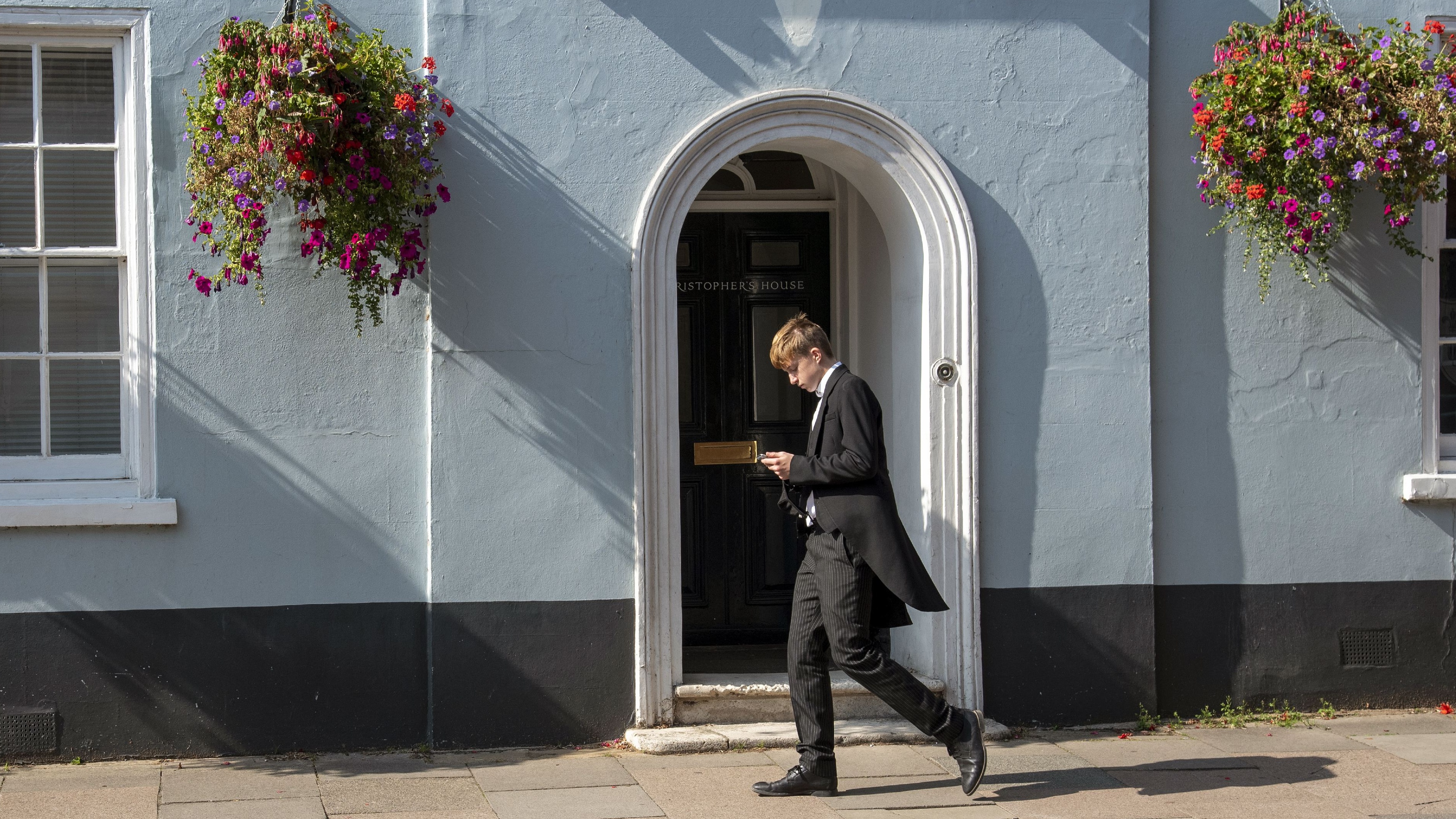
A free daily email with the biggest news stories of the day – and the best features from TheWeek.com
You are now subscribed
Your newsletter sign-up was successful
Charles Spencer, the younger brother of Diana, Princess of Wales, has described his time at a Northamptonshire boarding school as "an absolutely hellish experience" in a new memoir.
The 59-year-old uncle of Prince William recounted being subjected to beatings and sexual assaults at the prestigious boarding school during his childhood in the 1970s, detailing his experiences in his memoir, "A Very Private School".
In an extract, Spencer said that his experiences at Maidwell Hall, which caters for children aged four to 13, had left him with lifelong "demons", adding that he has "frequently witnessed deep pain, still flickering in the eyes of my Maidwell contemporaries."
The Week
Escape your echo chamber. Get the facts behind the news, plus analysis from multiple perspectives.

Sign up for The Week's Free Newsletters
From our morning news briefing to a weekly Good News Newsletter, get the best of The Week delivered directly to your inbox.
From our morning news briefing to a weekly Good News Newsletter, get the best of The Week delivered directly to your inbox.
Boarding schools have long been a feature of the UK's educational system, with some prestigious boarding schools several hundred years old. According to the British Council, there are more than 500 boarding schools across England, Wales, Scotland and Northern Ireland, educating more than 75,000 students.
Pro: tradition and ethos
Many of the top boarding schools in the UK have a rich history and tradition that spans centuries. Schools like Eton, Harrow and Marlborough College have produced numerous distinguished alumni and are well-known worldwide.
And many of these schools have also moved with the times and adopted the latest teaching methods and technology, said AcademicFamilies.com. It is this "unique combination of the traditional and the modern" that appeals to many families and prospective students, meaning students can "get the best of both worlds".
Con: extremely expensive
Many British boarding schools are facing an "identity crisis" due to sky-rocketing fees that are becoming unaffordable for middle- to upper-middle-class professionals, such as doctors and lawyers, said the Financial Times.
A free daily email with the biggest news stories of the day – and the best features from TheWeek.com
These families have traditionally been the "bread and butter" bulk of the boarding schools' student population. With the average fee for a boarding school place currently £35,000 per year, many families can no longer afford to send their children to board full-time. Over 40% of full-time boarders are now international students, said the paper.
Pro: strong academic results
The majority of the UK's boarding schools are fee-paying, and many of the UK's top independent schools produce strong academic results.
According to Ofqual, 47.4% of pupils in private schools gained at least one A or A* grade in 2023, while only 22% did so in comprehensives.
Con: vulnerability of boarders
A 2022 report into child sexual abuse found that boarding schools are an "ideal environment for grooming", with children relying more on staff than in non-residential institutions. The Independent Inquiry into Child Sexual Abuse, which investigated the response to abuse allegations at elite residential music schools, residential special schools, private boarding schools and state schools, found that boarders may be more vulnerable because they are emotionally isolated and dependent on the adult staff.
It also found that the reputation of the schools was "often seen as more important than their victims and potential victims when allegations were made or concerns were raised". The inquiry's report recommended governments in England and Wales reintroduce a duty to inform school inspectors of child abuse allegations or other serious incidents, with regulators ensuring consequences for staff who fail to do so.
Spencer's school Maidwell Hall has apologised for his experiences and said that "almost every facet of school life has evolved significantly since the 1970s". It added that "at the heart of the changes is the safeguarding of children and promotion of their welfare".
Pro: develops independence
The routines and schedules of boarding school can mean pupils develop a sense of independence quickly.
Students at Christ's Hospital School in West Sussex must "do their own laundry, pick nutritious and balanced meals, socialise in a way that is beneficial to them, get to bed on time and keep their dormitories tidy and clean", said a pupil at the school, writing for The Argus.
The student added that boarding school "allows children and teenagers to practise these in a safe environment with trained staff on hand to help if things go wrong".
Con: 'boarding school syndrome'
Some therapists have identified a set of negative behaviours and emotional states that develop in children sent to boarding school at a very young age, dubbed "boarding school syndrome". These can include "depression, difficulties in forming relationships, and emotional numbness", according to Brighton Therapy Partnership.
Other research, however, suggests that parenting styles and a family's capacity for "emotional expression" may also have a significant impact on the psychological development of boarders. A study from the University of Suffolk found that family relationships were "key to how children experience boarding school".
-
 Political cartoons for February 15
Political cartoons for February 15Cartoons Sunday's political cartoons include political ventriloquism, Europe in the middle, and more
-
 The broken water companies failing England and Wales
The broken water companies failing England and WalesExplainer With rising bills, deteriorating river health and a lack of investment, regulators face an uphill battle to stabilise the industry
-
 A thrilling foodie city in northern Japan
A thrilling foodie city in northern JapanThe Week Recommends The food scene here is ‘unspoilt’ and ‘fun’
-
 American universities are losing ground to their foreign counterparts
American universities are losing ground to their foreign counterpartsThe Explainer While Harvard is still near the top, other colleges have slipped
-
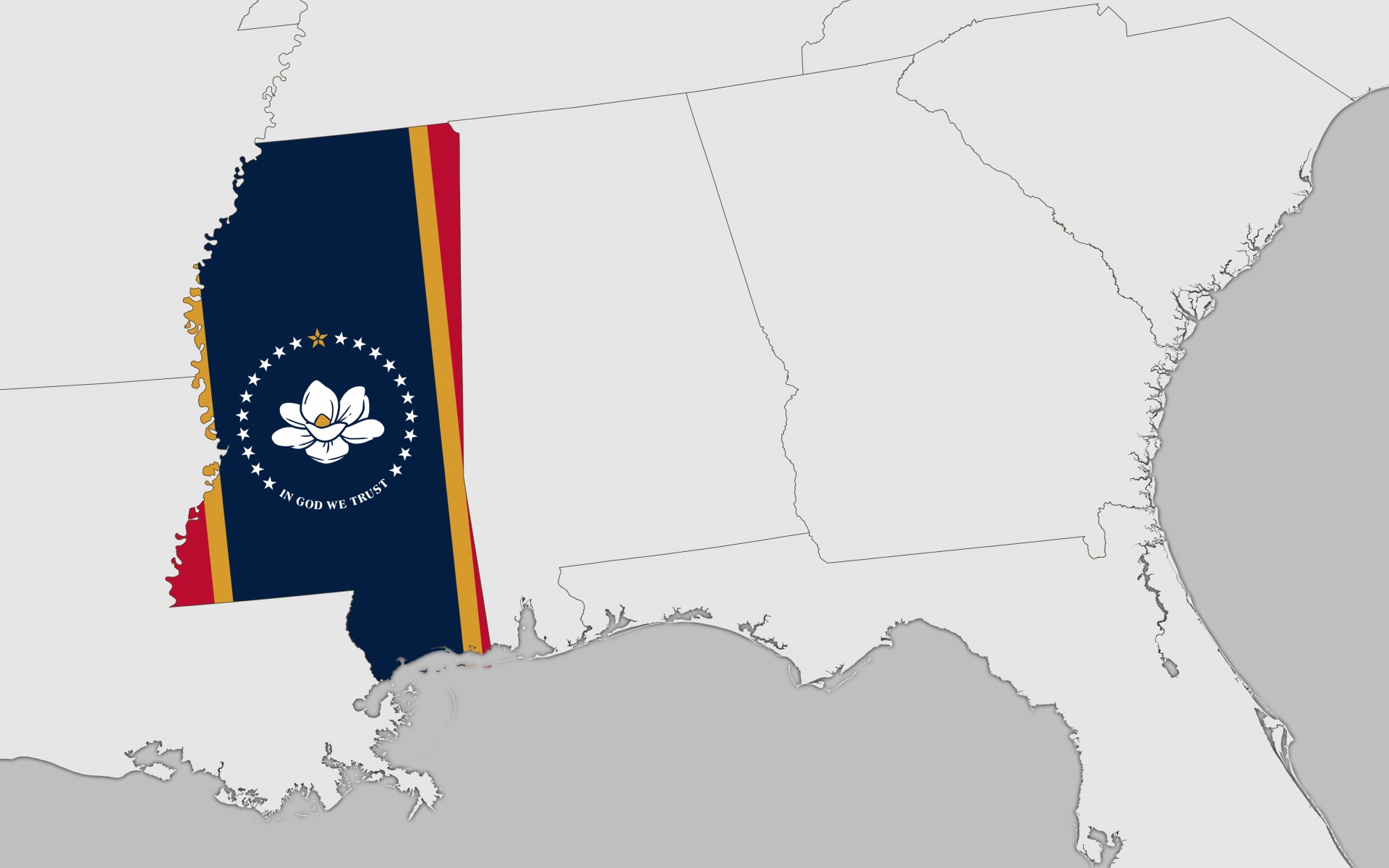 How Mississippi moved from the bottom to the top in education
How Mississippi moved from the bottom to the top in educationIn the Spotlight All eyes are on the Magnolia State
-
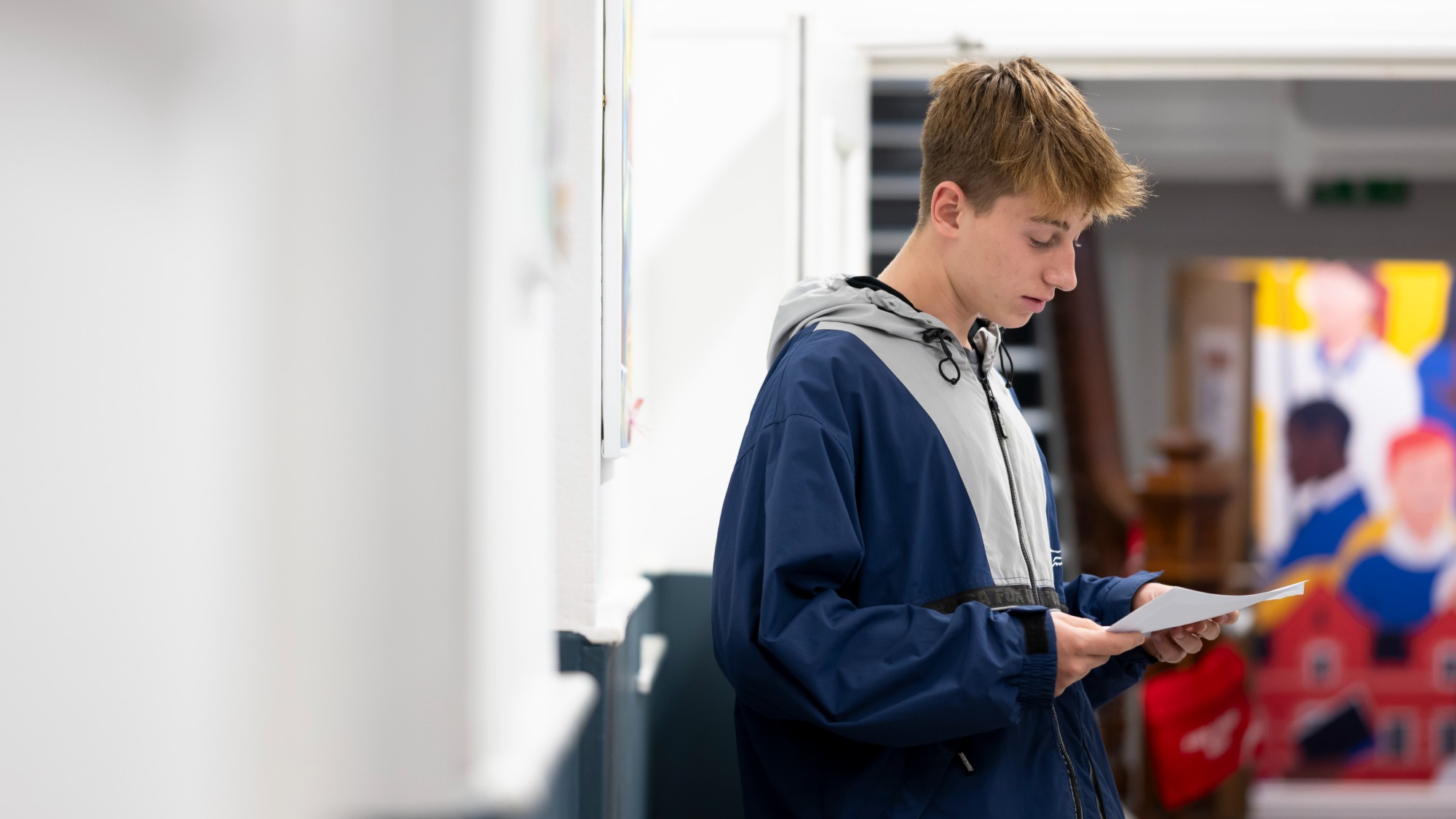 How will new V level qualifications work?
How will new V level qualifications work?The Explainer Government proposals aim to ‘streamline’ post-GCSE education options
-
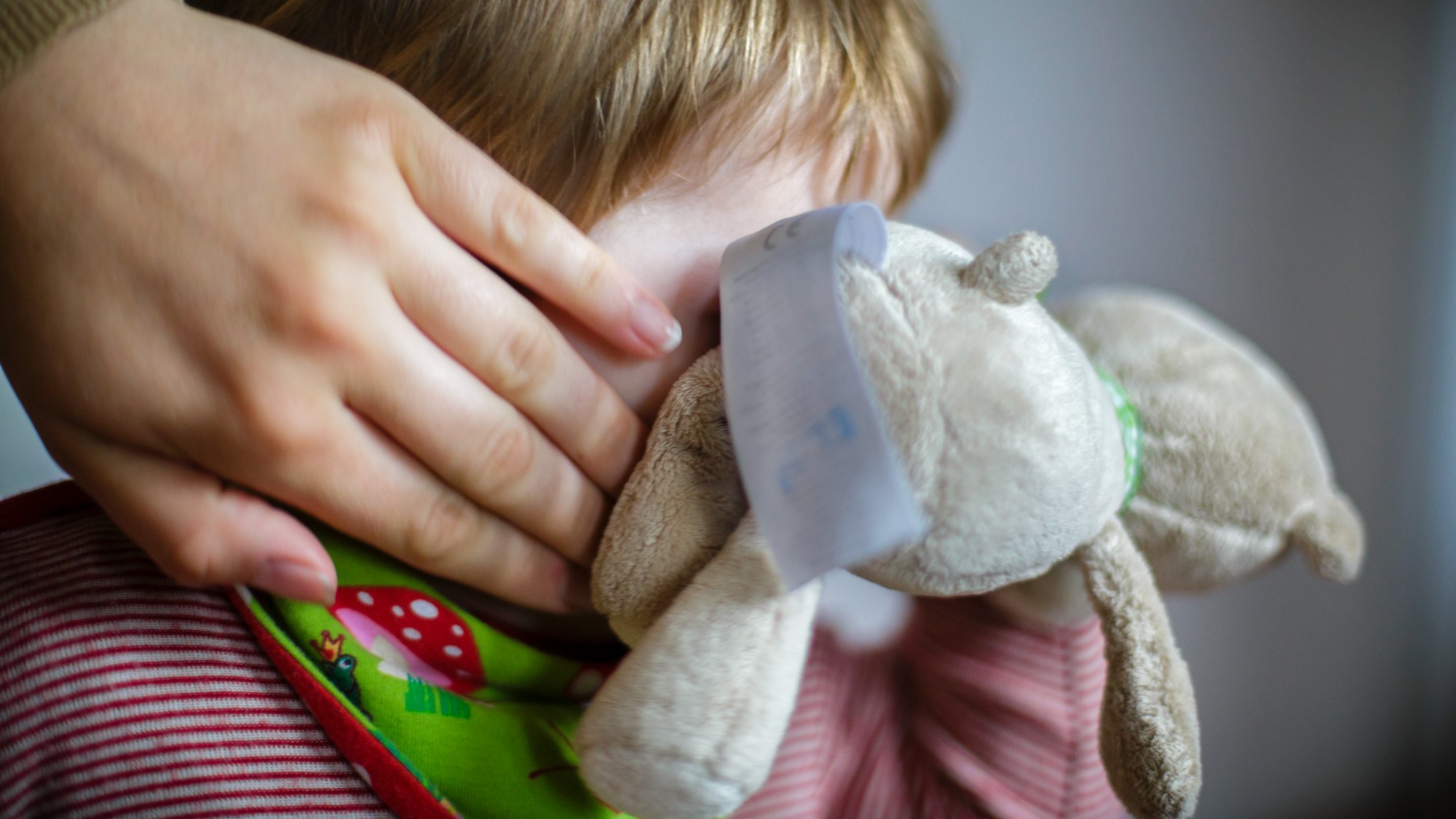 England’s ‘dysfunctional’ children’s care system
England’s ‘dysfunctional’ children’s care systemIn the Spotlight A new report reveals that protection of youngsters in care in England is failing in a profit-chasing sector
-
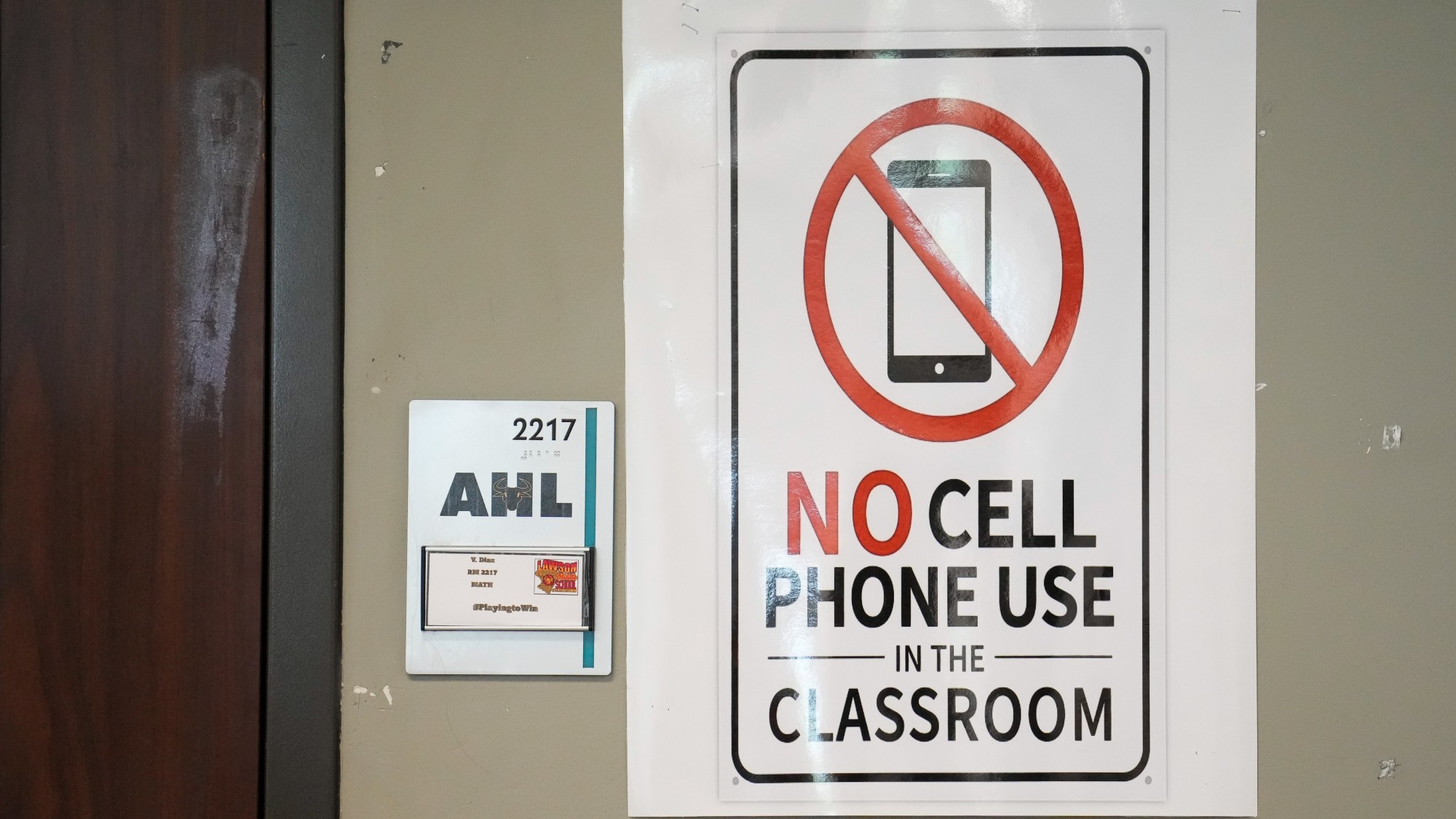 The pros and cons of banning cellphones in classrooms
The pros and cons of banning cellphones in classroomsPros and cons The devices could be major distractions
-
 School phone bans: Why they're spreading
School phone bans: Why they're spreadingFeature 17 states are imposing all-day phone bans in schools
-
 Schools: The return of a dreaded fitness test
Schools: The return of a dreaded fitness testFeature Donald Trump is bringing the Presidential Fitness Test back to classrooms nationwide
-
 Send reforms: government's battle over special educational needs
Send reforms: government's battle over special educational needsThe Explainer Current system in 'crisis' but parents fear overhaul will leave many young people behind